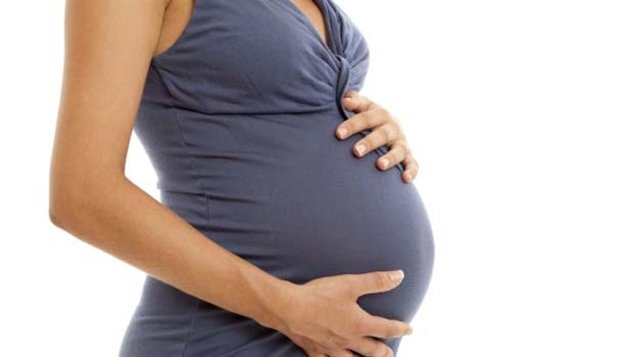Many have suspected that pregnant women cleaning house had some deep-seated history, but now, and for the first time, researchers have proven it.
It’s called “nesting” which involves organizing the home, removing clutter, generally cleaning things in bursts of energy, and limiting social contacts and activity.
Mel Rutherford supervised the research. He is a professor in the Department of Psychology, Neuroscience and Behaviour at McMaster University in Hamilton, Ontario.
ListenProfessor Rutherford said he was surprised that no-one had previously done a scientific study of the supposed nesting instinct in women.

He and lead author, graduate student Marla Anderson, designed two separate studies. One involved a large online study comparing pregnant and non-pregnant women.
The second study tracked women throughout pregnancy and afterwards. Non-pregnant women acted as the control group. They were quizzed at similar time intervals, using a questionnaire that was developed from interviews with midwives.
What they found was a confirmation that the pregnant women tend to tidy up their environment, and begin to limit social contacts to those closest to them, especially their mates.
The study showed this was not irrational behavior in individuals, but rather was generalized behaviour evidenced in all pregnant women stemming from deep in our evolutionary past.
Marla Anderson says of the nesting behaviour, “We have found that it peaks in the third trimester as the birth of the baby draws near and is an important task that probably serves the same purpose in women as it does in other animals.”
“It’s not a frivolous activity. It ties us to our ancestral past”. she said, adding it was an important activity to provide the newborn with a safe environment “
Professor Rutherford says the next phase of nesting behaviour study will involve those whose bodies are not physically going through changes, ie, the fathers, and also adoptive parents







For reasons beyond our control, and for an undetermined period of time, our comment section is now closed. However, our social networks remain open to your contributions.